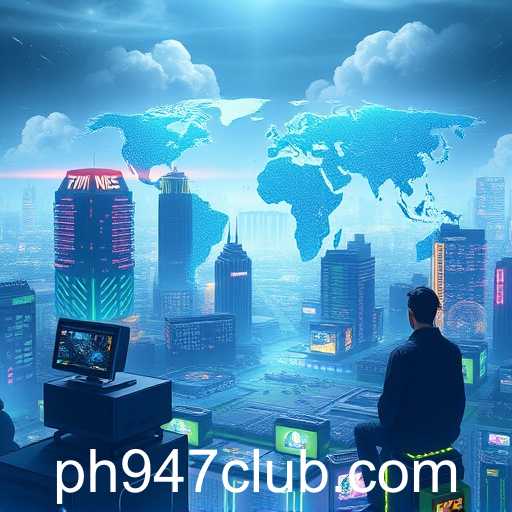In recent years, the global gaming industry has seen transformative changes, largely driven by technological advancements and shifting consumer preferences. As we step into 2025, these dynamics continue to shape the market, with the relevance of keywords like 'ph947' highlighting emerging platforms and communities within the gaming culture.
One significant trend is the integration of metaverse concepts into mainstream gaming. Gaming companies are investing heavily in creating interconnected virtual worlds, which offer users immersive realities beyond traditional gameplay. These developments are not just enhancing user experiences but are also opening avenues for new forms of social interaction, digital asset creation, and economic exchange.
Accompanying this evolution is the growing focus on environmentally sustainable practices within the industry. The gaming community is increasingly aware of the carbon footprint associated with game development and online play. In response, several developers are pioneering solutions to reduce energy consumption and promote sustainability. This includes optimizing server usage, adopting renewable energy sources, and creating in-game events that raise environmental awareness among players.
Furthermore, platforms identified by 'ph947' are becoming central to fostering community-driven game development. These sites not only offer a broad catalogue of games but also serve as social hubs where players can share experiences and contribute creatively. As these platforms grow, they're likely to disrupt traditional gaming models by democratizing game creation and distribution.
As the gaming industry navigates through 2025, understanding and adapting to these ongoing changes will be pivotal. Companies that align their strategies with technological trends and environmental consciousness are poised to lead the market, defining the future of entertainment and digital interaction.








